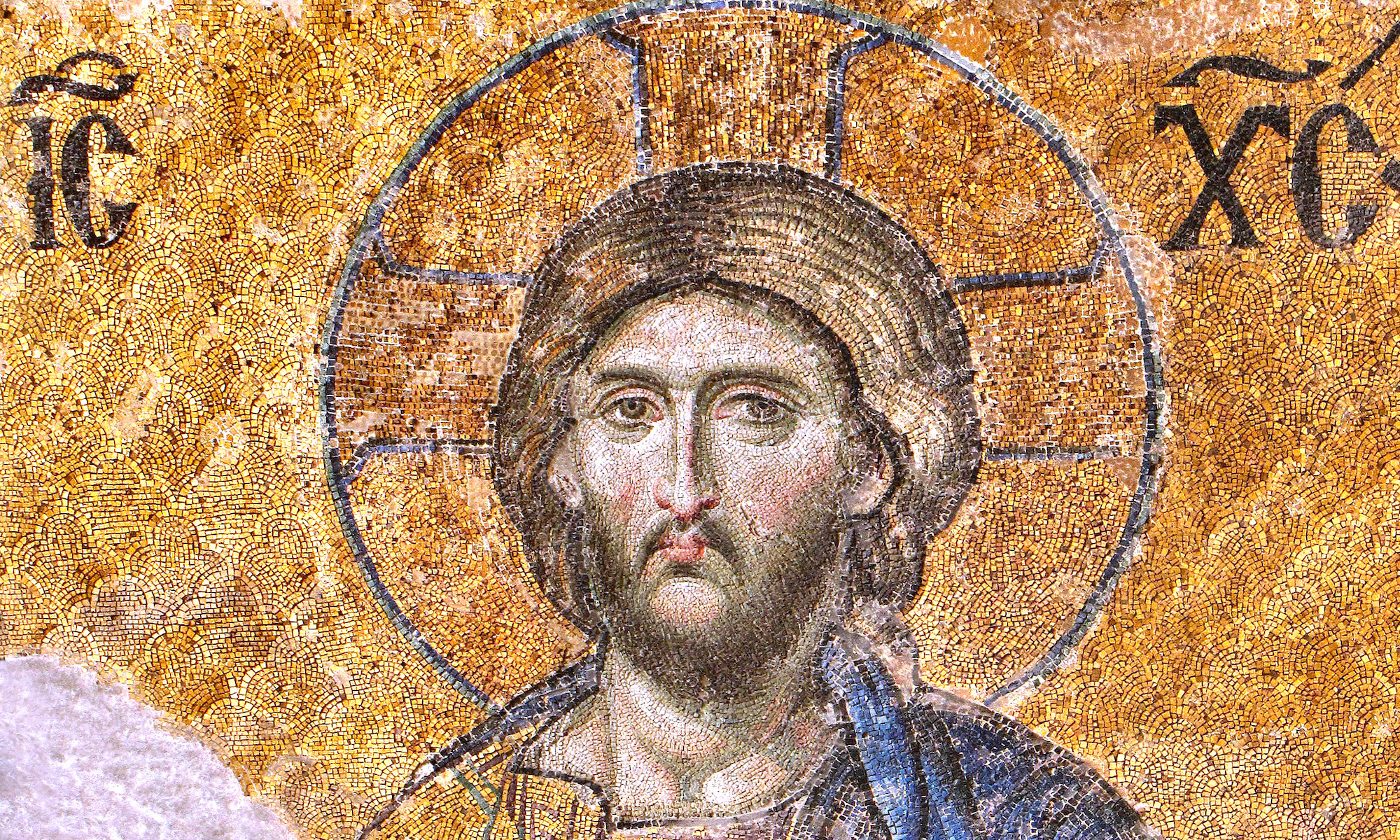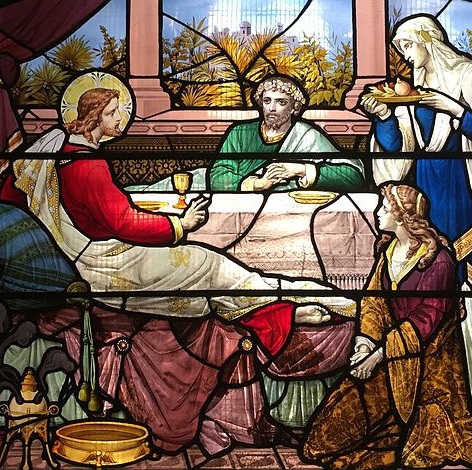Following Jesus Christ, there is only one way of life; there is only one way to live: that is the Way of Love, which is the Way of the Cross.
Podcast: Play in new window | Download
Subscribe: RSS

The English-language Orthodox Church in Vancouver, BC
Following Jesus Christ, there is only one way of life; there is only one way to live: that is the Way of Love, which is the Way of the Cross.
Podcast: Play in new window | Download
Subscribe: RSS
In which we celebrate the ultimate triumph of the Way of the Cross over and within the very empire which had made the cross the ultimate symbol of its cruel power
Podcast: Play in new window | Download
Subscribe: RSS
In which we identify – and identify with – the source of the unforgiving servant’s unforgivingness so that we may know better how to forgive

Podcast: Play in new window | Download
Subscribe: RSS
How do we engage in activism/activity without judgement? Mary shows us the way…

Podcast: Play in new window | Download
Subscribe: RSS
Three apologies are in order for this episode:
Podcast: Play in new window | Download
Subscribe: RSS